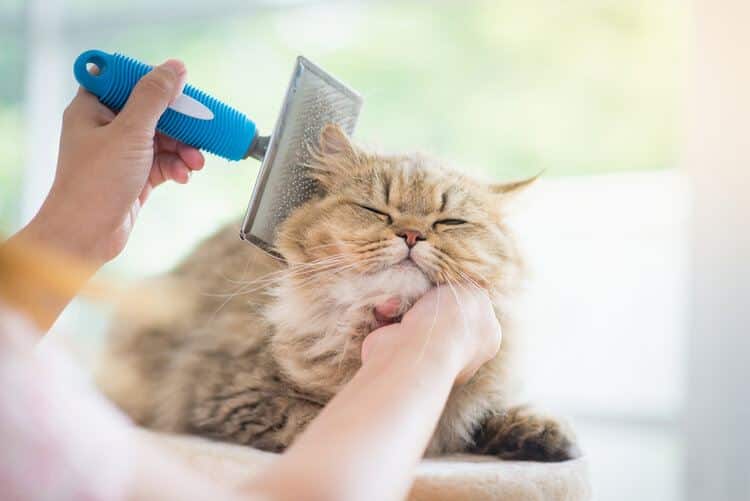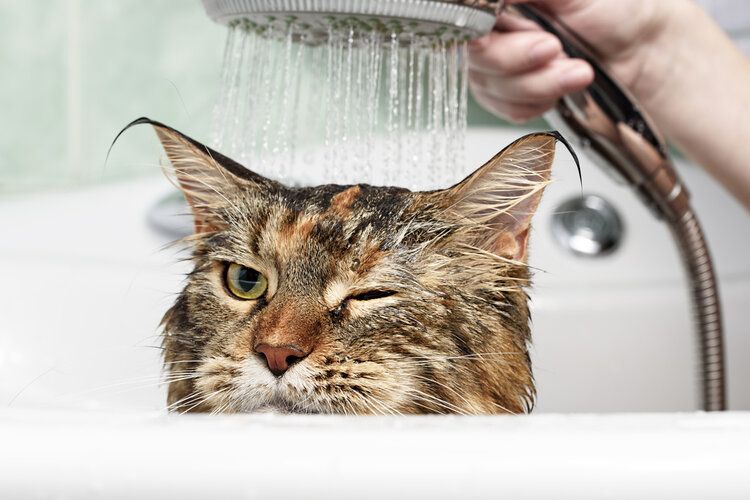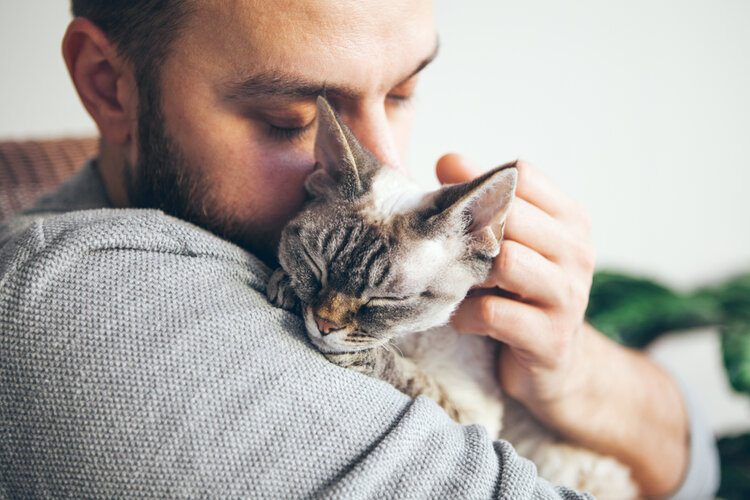If you catch a whiff of unpleasant smells as your cat walks past, it might be time to give your kitty a quick check over! Sometimes, the cause can be bad breath (halitosis) or an unseen abscess; other times, your cat might not have been grooming themselves properly. Either way, the good news is that there’s plenty you can do to get your cat smelling fresh once more!
We’ve rounded up six of the best ways to get your cat smelling fresh again — all the better for cuddling them!
The 6 Ways to Make Your Cat Smell Good
1. Check Their Diet
If your cat has a stinky breath or poop, it’s a good indicator that their diet might not be quite right. Speaking to your vet will help you determine where the problem is and which diet will suit your cat best. Some cats can develop food allergies over time, so ensure you can provide your veterinarian with as many details as possible about your cat’s previous diets.
2. Check Your Cat’s Grooming Habits

Most cats are fastidious about keeping themselves clean, but some cats, especially elderly, obese, long-haired breeds, or those with joint pain, can have trouble keeping themselves clean. You might need to brush your cat a little more often. You can check out our review of the best brushes for long-haired cat breeds here.
3. Check Your Cat’s Teeth
If you know that your cat’s diet has the all-clear but they still have bad breath, then dental disease might be the problem. Take your cat for a check-up with your veterinarian if you notice halitosis.. You can also brush your cat’s teeth or give them natural treats that help keep plaque under control.
4. Give Your Cat a Bath

If it’s your cat’s coat that’s a bit stinky, give them a helping hand by bathing them. Using a shampoo designed specifically for cats is the best idea. Don’t be tempted to use human shampoo, as a cat’s skin is far more sensitive than ours and has a different pH level.
The best pet shampoos are carefully formulated to clean your pet without causing irritation. Hepper's Colloidal Oatmeal Pet Shampoo does a great job of this by combining soothing ingredients like aloe vera and colloidal oatmeal. It is also pH-balanced and free of irritants like dyes, soaps, sulfates, and phthalates. You and your pet will both enjoy the fresh, clean scent, too!
At Catster, we’ve admired Hepper for many years and decided to take a controlling ownership interest so that we could benefit from the outstanding designs of this cool cat company!
5. Use a Waterless Mousse
You can also buy a waterless mousse to keep your cat’s coat and skin odor-free and in great health. Simply apply this onto your cat’s coat before massaging it in, and then let it dry and brush if you like. Look for a product that’s pH balanced for cats and is free of sulfates and colorants.
6. Take Them to the Vet
If you can’t find the reason for your cat’s unpleasant smell and you’ve tried the above tips, the next step is to make an appointment with your veterinarian to give your cat a good check-up. The reason behind the odor could be an unseen skin wound, an abscess, an infected nail, or a foreign body. Don’t overlook a stinky smell, because it’s likely an indication that something is not quite right with your cat’s health.
Conclusion
Nobody likes a smelly pet. And while the reason behind it may be something as simple as their grooming habits, it could also indicate a more serious problem, such as dental disease or an abscess that has gone unnoticed. Be sure to check all of the steps above and be sure to talk to your veterinarian about your concerns.
Related Reads:
- How to Get Cat Pee Smells Out of Clothes (Quick & Easy)
- Why Does My Cat Smell Bad? 16 Common Reasons
Featured Image Credit: Veera, Shutterstock











